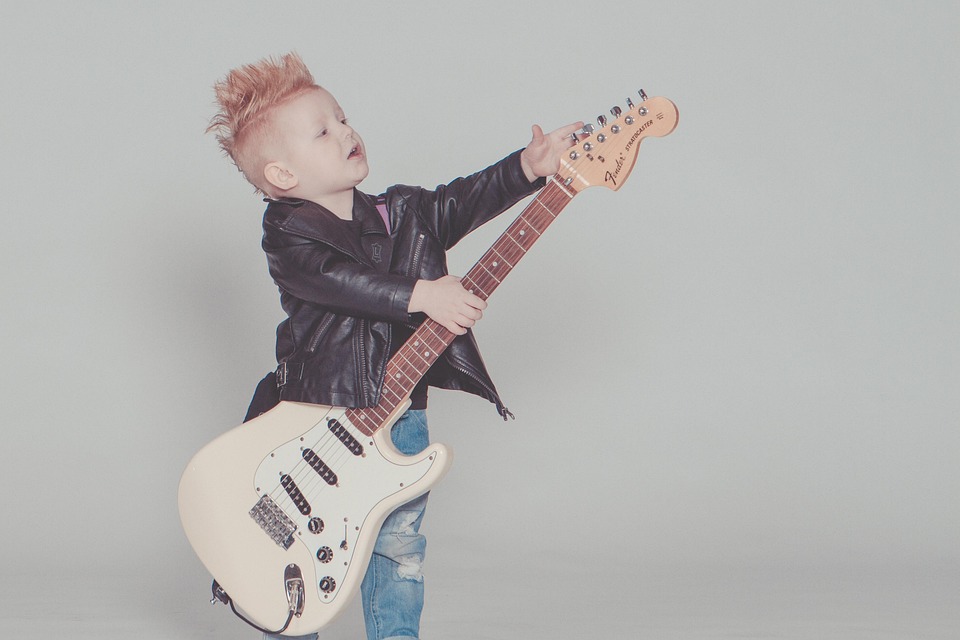Introduction
As an artist or producer, understanding the ownership of your music is crucial. One popular service for music production is Landr, which offers tools for mastering, distribution, and more. However, many creators wonder: Does Landr own your master recordings? In this article, we’ll explore the nuances of music ownership when using Landr and clarify what the fine print really means.
What Are Master Recordings?
Master recordings are the original recordings of a song or music track. They serve as the primary source from which all copies and reproductions are made, whether for physical formats like CDs and vinyl or digital streaming platforms. Ownership of master recordings is significant because it entitles the owner to control how the music is used commercially, including licensing, distribution, and royalties.
In the music industry, owning your master recordings generally means you have the rights to exploit your work fully. This can lead to more income opportunities, as you can decide to license your music for use in films, commercials, and other media.
Landr: An Overview
Landr is a cloud-based service that provides musicians with tools for mastering, distribution, collaboration, and more. It uses AI technology to help improve the quality of audio tracks, making it accessible for independent artists and producers who may not have the resources to hire professionals. One of the appealing aspects of Landr is its user-friendly interface and the speed at which it delivers results.
With Landr, users can upload their tracks for mastering and receive a polished version back in a short time. Additionally, the platform offers options for music distribution to various streaming platforms, making it a one-stop-shop for many independent artists. However, this convenience raises questions about rights and ownership.
The Fine Print: Understanding Landr’s Terms
When using any digital service, it’s crucial to read the terms of service and privacy policy. Landr’s terms clearly outline their position regarding ownership of master recordings. Generally, artists retain ownership of their master recordings when using Landr’s services. However, the specifics can vary based on the services you choose and how you utilize them.
For instance, if you opt for Landr’s distribution service, you are likely agreeing to certain terms that could include licensing agreements. This means while you retain ownership, Landr may have specific rights to distribute your music. Always ensure you understand these terms to avoid any surprises later.
Ownership Rights: What You Need to Know
Understanding ownership rights is essential for any artist navigating the music industry. Owning your master recordings allows you to control how your music is used. While Landr does not claim ownership of your masters, the way you use their services can affect your rights. For example, if you distribute your music through Landr, you might grant them a license to exploit your music, but this does not mean they own it.
It’s also important to differentiate between master recordings and publishing rights. Master recordings refer to the actual audio files, while publishing rights pertain to the composition of the song itself, including lyrics and melodies. Many artists are surprised to learn that owning their master recordings doesn’t automatically grant them full control over all aspects of their music.
Distribution Through Landr: Implications for Ownership
When you choose to distribute your music through Landr, you enter into a distribution agreement. This typically involves granting Landr a license to distribute your music on various platforms like Spotify, Apple Music, and others. While this does not transfer ownership of your master recordings, it does give Landr the right to distribute your work on your behalf.
It’s essential to read the specific terms of the distribution agreement. Some agreements may include clauses that stipulate how long Landr can distribute your music and any revenue-sharing arrangements they may take. Being informed about these details will empower you to make better decisions regarding your music career.
Potential Risks of Using Landr
While Landr provides valuable services, there are potential risks involved with using their platform. One concern is the possibility of being locked into contracts that may not be favorable in the long run. Always ensure that you are comfortable with the terms before agreeing to anything.
Another risk is related to the quality of mastering. While Landr’s AI technology is impressive, it may not always match human mastering engineers’ expertise. If you choose to use Landr for mastering, consider seeking feedback from trusted sources to ensure the final product meets your expectations.
Alternatives to Landr
If you’re concerned about the ownership of your master recordings or the quality of mastering, there are alternatives to Landr. Many artists opt for traditional mastering studios where they can work directly with professional engineers. This can provide greater assurance regarding the quality and ownership of their music.
Additionally, there are other online services that offer music mastering and distribution, each with varying terms of ownership. It’s essential to research these options thoroughly to find one that aligns with your needs and preferences.
Conclusion
Understanding the ownership of your master recordings is vital in today’s music industry, especially when using platforms like Landr. While Landr does not claim ownership of your masters, the terms of service associated with their distribution and mastering tools can impact your rights. Always read the fine print and consider how the services you choose will affect your ownership and control over your music.
As an artist, you should prioritize keeping ownership of your master recordings to maximize your potential earnings and creative control. Whether you choose to use Landr or explore other options, being informed and proactive about your rights will help you navigate the complexities of the music industry more effectively.
FAQs
1. What happens to my master recordings if I stop using Landr?
If you stop using Landr, you typically retain ownership of your master recordings. However, you should review the terms of service to ensure you understand any implications related to distribution or licensing agreements you may have entered into.
2. Can I use Landr for free?
Landr offers a range of services, some of which may be free with limited features. However, for advanced services like high-quality mastering and distribution, there are fees involved. It’s advisable to check their website for current pricing and offers.
3. Does Landr distribute my music to all major platforms?
Yes, when you choose to distribute your music through Landr, it can be sent to various major streaming platforms like Spotify, Apple Music, and more. However, it’s important to check which platforms are included in your specific distribution package.
4. What if I want to switch distribution services later?
If you choose to switch distribution services, you may need to remove your music from the current platform before uploading it elsewhere. Ensure you review the terms of your current distribution agreement to understand any requirements or restrictions.
5. How can I be sure that my music is mastered correctly using Landr?
While Landr uses AI technology for mastering, it’s essential to seek feedback from trusted peers or professionals to ensure the quality meets your standards. You can also do test runs with different tracks to evaluate the results before committing to a final version.

